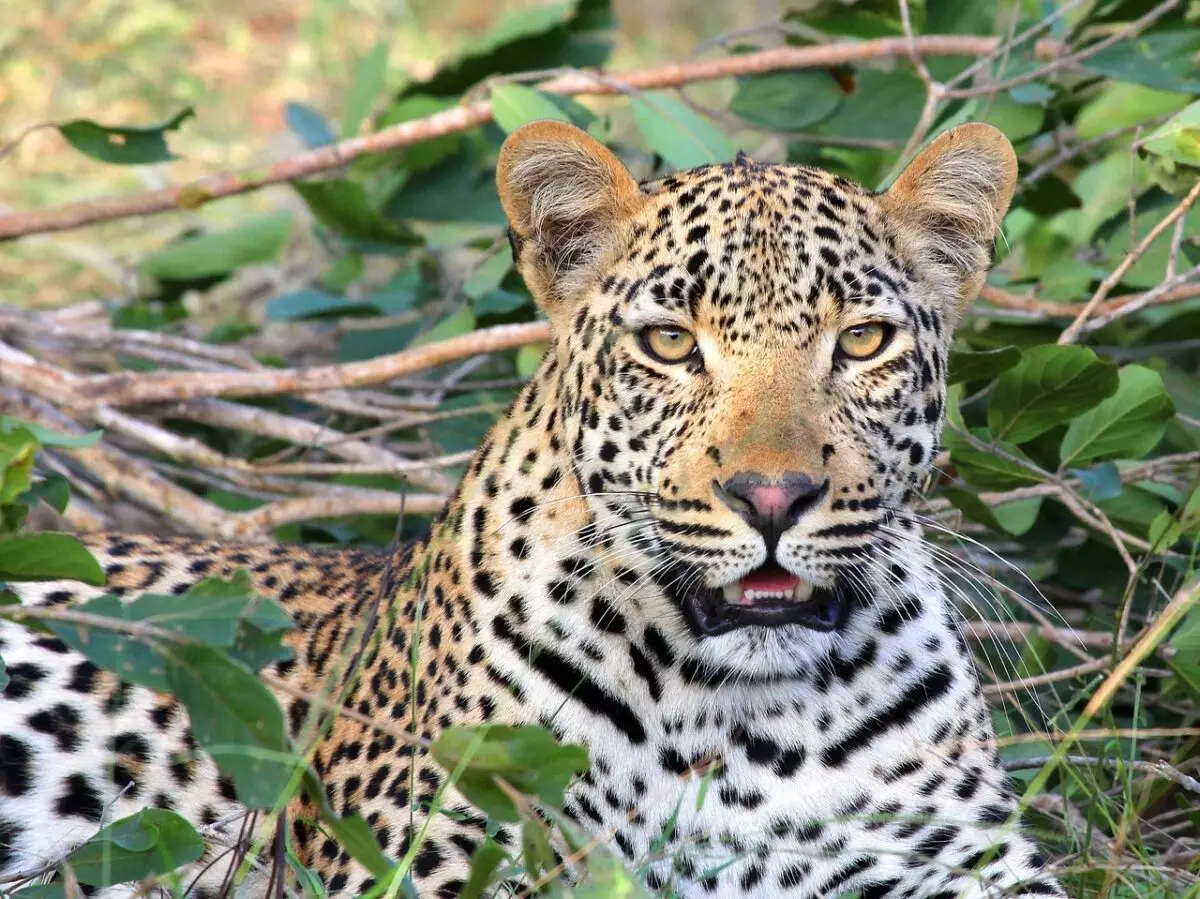In a world where domestic pets dominate, the allure of owning an exotic animal can be irresistible for many. The thought of having a unique creature—one that defies the typical cat or dog trope—sparks curiosity and fascination. Exotic pets can seem like a ticket to a more adventurous lifestyle, offering companionship with a touch of the wild. However, beneath this glamorous façade lies a myriad of risks that pet owners must confront. The reality is these animals, regardless of their upbringing in captivity, often retain their wild instincts, making them unpredictable and inherently dangerous for casual owners.
Take tigers, for example. Envisioning yourself sharing your home with a majestic tiger can be thrilling, yet it’s essential to understand the profound implications of such a choice. These apex predators possess immense strength and tenacious instincts, capable of harming even experienced handlers. The sheer size and power of a tiger should not be underestimated; they can easily overpower an adult human in a moment of panic or stress. Moreover, the necessities of properly caring for a tiger—spacious enclosures, specialized diets, and constant attention—are overwhelming for most individuals, leading to neglect or improper care.
Beyond felines, reptiles like alligators and snakes also present considerable challenges in ownership. Alligators, with their powerful jaws and aggressive tendencies, can grow to over ten feet in length. Their unpredictability, especially during feeding times, poses dangers primarily to newcomers who may lack experience. Furthermore, the complexity of their habitats, which need to mirror their native environments, is often beyond the capability of average pet owners. Encountering an alligator during a moment of panic can lead to catastrophic outcomes.
Similarly, venomous snakes such as cobras and vipers are sought after by exotic pet fans drawn to their exoticism and perceived beauty. However, as captivating as they may seem, these serpents are incredibly risky companions. The potential for fatal bites, even from seasoned handlers, raises alarm bells about the risks involved. Many species can exhibit aggressive behavior when they feel threatened, and the consequences of mishandling can be dire. The extensive knowledge required to care for and interact safely with these snakes is a responsibility that not every owner is prepared to undertake.
Wolves, often mistakenly viewed as dogs in disguise, also embody risks that are not to be taken lightly. Their wild nature means they are driven by instinctual behaviors that can clash with domesticity. While some attempt to domesticate wolves, their pack mentality and desire for roaming space make them unsuitable for small backyards or homes. Their territorial aggression toward unfamiliar faces, coupled with their ability to escape enclosures, further complicates their presence in human households.
Simian Complications
Chimpanzees are yet another example of an exotic pet that seems endearing but harbors significant risk. Despite their intelligence and social nature, their unpredictable behavior can turn violent as they mature. Chimpanzees have been known to react aggressively when they feel threatened, and their powerful physiques make them capable of inflicting severe injuries. The emotional and physical challenges of cohabitating with such intelligent beings can lead to strained relationships between the animal and owner.
The major predators, such as lions and bears, serve as harsh reminders of the reality of owning exotic pets. Both species carry predatory drives and, despite their beauty, the risks involved with keeping them as pets outweigh the benefits. It is easy to ignore the potential danger of a lion lounging in your backyard, but their natural instincts persist, making them highly unpredictable. The same goes for bears, who are renowned for their strength and sudden aggression. Owner mismanagement can often result in tragic encounters.
Even smaller creatures, like scorpions and poison dart frogs, can carry considerable risks. Scorpions, while appearing insignificant, can deliver extremely painful stings that may require immediate medical attention. Similarly, poison dart frogs may be tiny, yet their toxic skin presents a significant health hazard if mishandled. Their allure is overshadowed by the responsibility that comes with their ownership.
While the exotic pet trade can be tempting, it’s crucial to approach the idea of ownership with a sense of responsibility and caution. The romance of caring for something outside the traditional pet spectrum often blinds potential owners to the severe risks and challenges associated with such a choice. It’s vital to respect the wild nature of these animals and recognize that they deserve environments that meet their needs. Acknowledging the realities and responsibilities of exotic pet ownership can ensure the safety of both the pet and the owner, and promote a harmonious balance between the domestic and the wild.


Leave a Reply